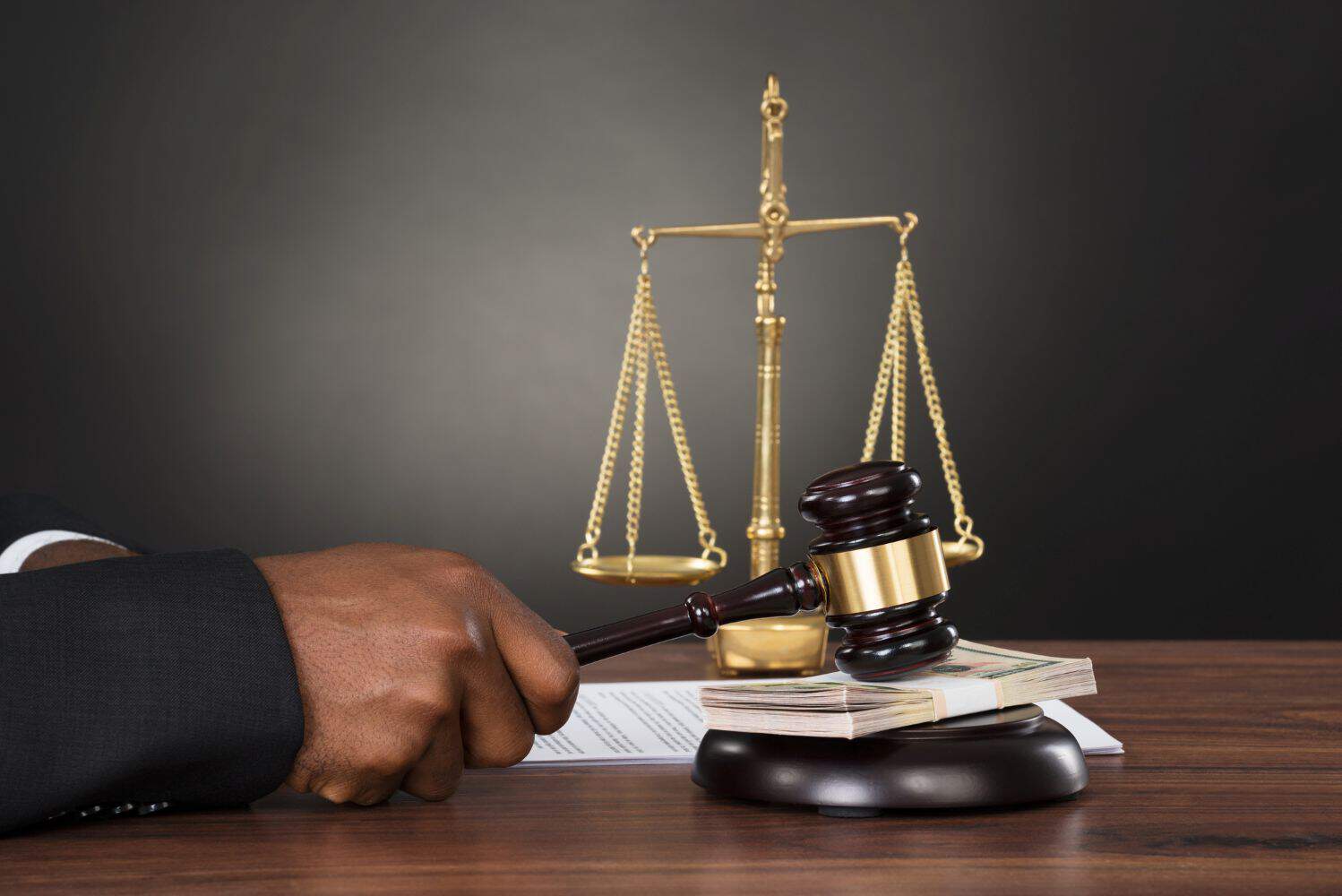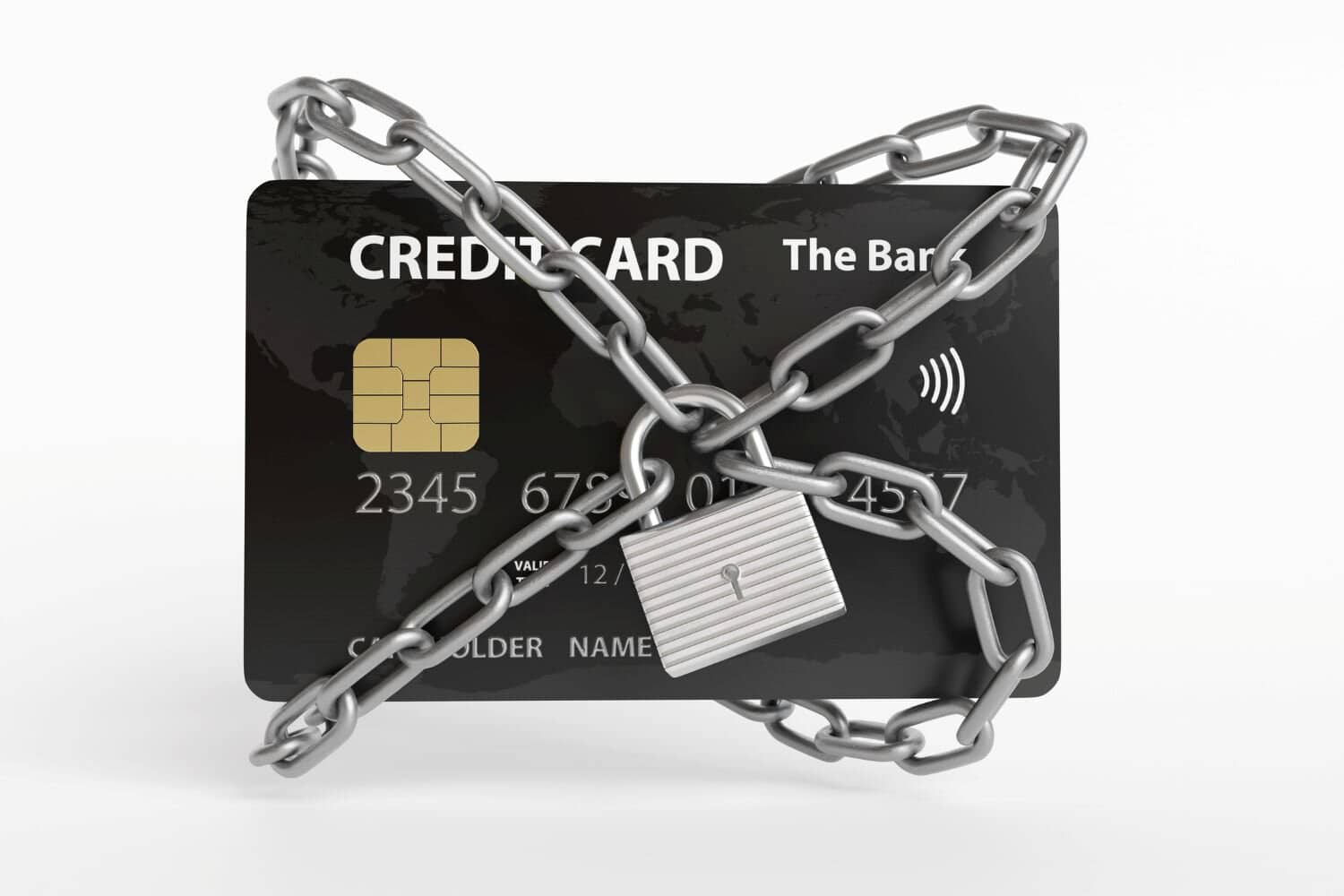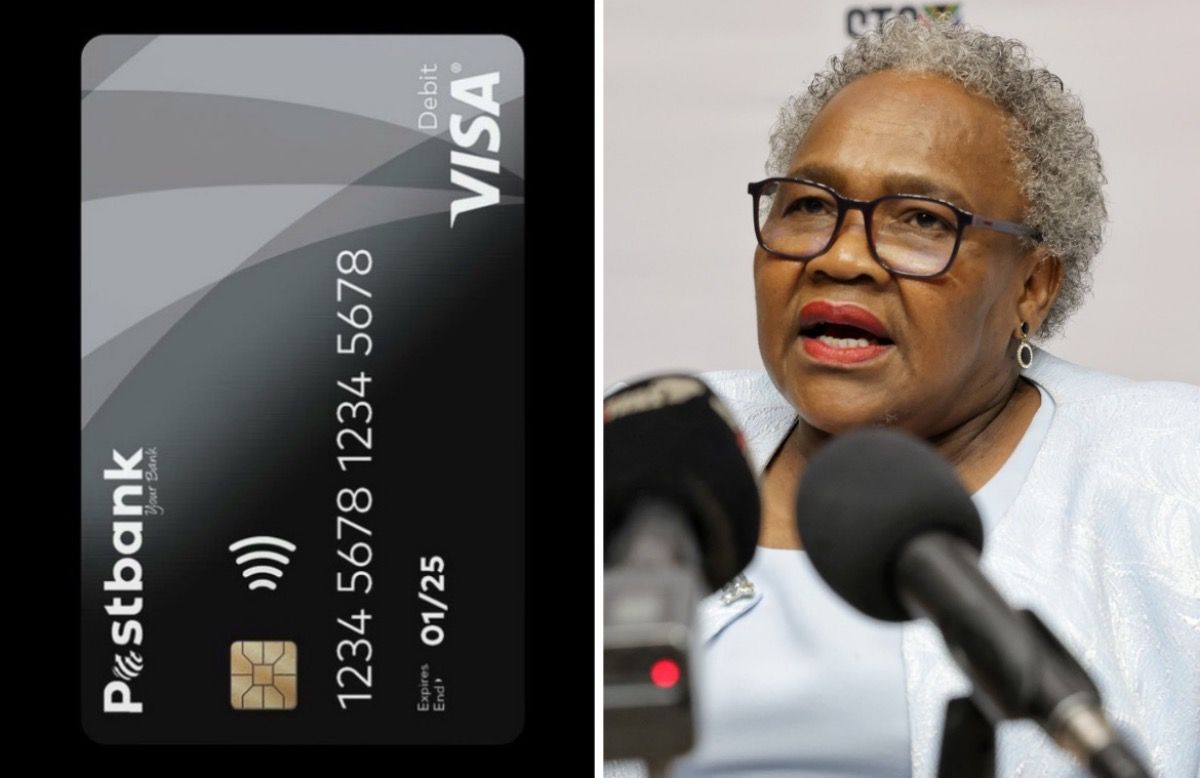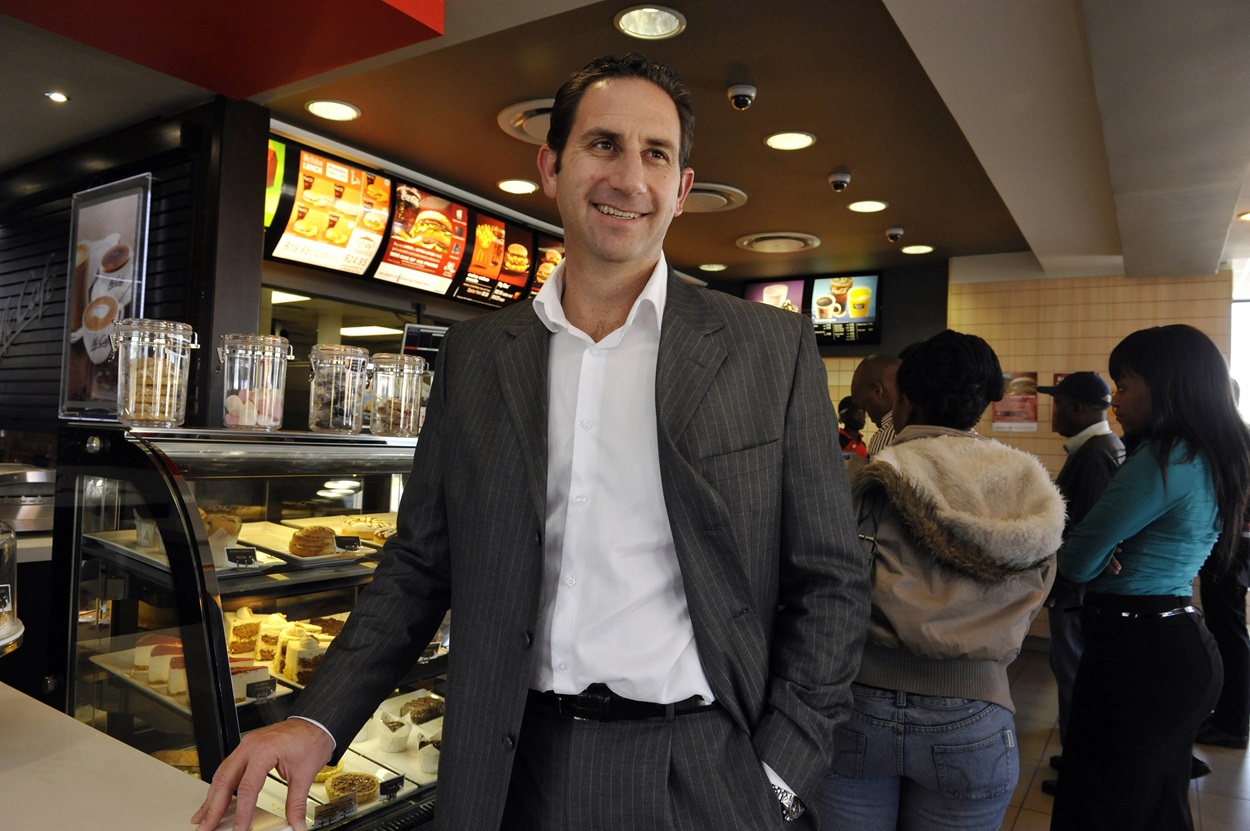Under common law vicarious liability, employers can be held responsible for wrongful acts committed by employees within the scope of their employment.
Work and the workplace play a significant role in an employee’s sense of self and mental health. Participation in the workplace can enhance or undermine a person’s mental health regardless of whether someone has a preexisting mental health condition or not.
Employment law specialists at Webber Wentzel say some work environments are characterised by high pressure or discrimination that can contribute to work-related stress, exhaustion, burnout, anxiety and depression and may lead a person to consider taking their own life.
Employee falls to her death
Standard Bank recently made headlines when its employee fell to her death from the sixth floor of the company’s Johannesburg head office on Baker Street in Rosebank. Reports alleged the deceased complained about her mental health status before the tragic incident.
Not commenting or referencing Standard Bank’s incident, Kate Collier says there are several steps to be taken before an organisation can be held liable for an employee’s suicide. This is whether the employee in question left a note detailing what went wrong or not.
Decent work has its pros and cons, it provides financial stability and a sense of purpose. On the other hand, the demands and stressors that may arise in the workplace can contribute to work-related distress and severe mental health outcomes, including suicide.
ALSO READ: A tragic lesson on bullying and mental health
Employee’s suicide at work
She says it is not automatically reasonable to infer that a suicide occurring at the workplace is linked to workplace conditions.
“Employers are legally obligated to conduct thorough investigations in terms of the occupational health and safety legislation that applies at that workplace.”
Collier emphasises that any fatality that happens in the workplace must be investigated including identifying the causes of the incident, unsafe conditions, or actions that may have contributed to the incident.
The next step would be reporting the fatality to the relevant labour inspectors, who are empowered to conduct independent investigations. “So, any assumption of liability without having followed these steps would be premature.”
Can the company be held responsible?
Amy King says if it is established that a work-related issue was the predominant factor leading to the suicide, several legal principles may be relevant in determining an employer’s liability.
“The principles of vicarious liability, both common law and as statutorily prescribed in the Employment Equity Act (EEA), are crucial in assessing employer liability.”
She acknowledges that there are several legal frameworks that protect both employees and employers.
“Occupational health and safety legislation mandates that employers provide a safe and healthy work environment, which includes ensuring psychological safety for all workers.
“These legal obligations ensure that employees have the right to a safe work environment, while also protecting employers who have fulfilled their duties from being held liable for tragic events such as suicide.
“In cases where a suicide is directly linked to workplace conditions, it is not inconceivable that vicarious liability may be sought to be applied by a spouse or other dependant for loss of support,” she said.
ALSO READ: World Mental Health Day: The role of phones in supporting mental health
What about death at the hands of an employee at work?
Earlier in the year, a nightclub in Bloemfontein, Free State, The Other Venue (TOV) made headlines when a video of the club’s bouncers beating a man to death went viral.
Not commenting or referencing to the incident, Dhevarsha Ramjettan says under common law vicarious liability, employers can be held responsible for wrongful acts committed by employees within the scope of their employment.
He references the case of Stallion Security (Pty) Limited v Van Staden [2019] ZASCA 127, which involves a claim in delict for loss of support.
“The delictual claim was launched by the Plaintiff following her husband’s murder by a security guard at his workplace. The delictual claim was instituted against both the security guard and his employer.”
She says this case highlights how an employer can be held liable for the actions of its employees when there is a clear connection between those actions and the work environment.
Employers are responsible for employees’ responsibilities
Ramjettan adds the general principle that an employer is vicariously liable for a wrong committed by an employee during the course or scope of his or her employment is a long-standing principle in our law.
She adds it is easy to apply vicarious liability where an employee commits a delict while going about the business of the employer.
However, difficulties arise when the employee commits an intentional wrong entirely for his or her own purpose.
ALSO READ: Workplace Fomo hits hard: Mental health on the line
Harassment at a workplace
King says it is the employers’ responsibility to ensure that active steps are in place to prevent and eliminate harassment in the workplace lest they become liable for damages in terms of vicarious liability.
“This risk of liability is greatly increased following the introduction of the Harassment Code, particularly for those employers who turn a blind eye to bullying or toxic team cultures, neglect to update their policies, or carry out appropriate training on harassment.”
Protection of employees
“The EEA, particularly read with the Harassment Code, requires employers to take proactive measures to prevent, eliminate, or mitigate the risks that may expose employees to discrimination in the form of harassment.”
She sees this as protection for employees in the sense that employers bear a positive obligation to address factors in the workplace that may contribute to harassment going undetected or unaddressed.
“Where the employer has discharged these obligations in a reasonable fashion, it is unlikely that the employer will be found liable for the drastic actions of an employee who took their own life.”
- Suicide Crisis Helpline – 0800-567-567 (24 hours, 7 days a week)
- Cipla Mental Health Helpline – 0800-456-789
- Substance Abuse Helpline – 0800-12-13-14 (Whatsapp between 8am and 5pm)
- Cipla Chat Line – 076-882-2775
- Maybelline BraveTogether – 087-163-2030
NOW READ: How to put the joy back into your job














